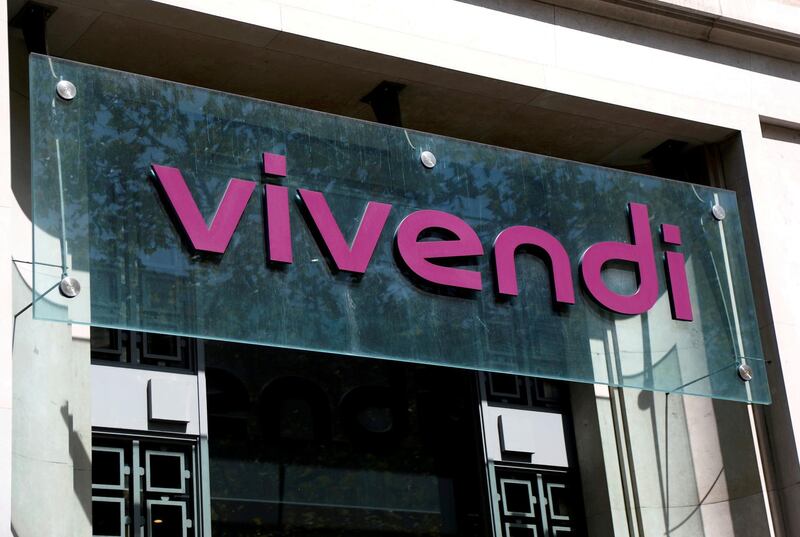Vivendi is in talks to sell 10 per cent of Universal Music Group to a blank-cheque firm backed by billionaire Bill Ackman while it prepares to spin off most of the world’s biggest music company.
The potential transaction would value the company at €35 billion ($42.4bn) including debt, Vivendi said in a statement on Friday, above the €30bn valuation ascribed to the business in 2019 when China’s Tencent acquired a stake.
Mr Ackman’s special purpose acquisition company, called Pershing Square Tontine Holdings, raised $4bn in a July initial public offering - a record-setting amount for a SPAC. Such firms go public and then find promising companies to merge with.
The music industry has rebounded from a decade-long slump thanks to surging revenue from streaming services and Vivendi has sought to squeeze more value from UMG - especially after suffering declines in its advertising and publishing operations.
Vivendi plans to distribute 60 per cent of the music business to its shareholders later this year and list it in Amsterdam. That deal is due to be approved by shareholders later this month.
Vivendi said Pershing Square funds and their affiliates have indicated that they may acquire further exposure to UMG by buying Vivendi securities or UMG securities following the spin off.
Going public could give UMG more financial clout to compete with rivals Warner Music Group and Sony Music Entertainment. Vivendi had originally planned a 2023 initial public offering for UMG, but said earlier this year that it was now aiming for the business to go public by the end of 2021.
If the potential Pershing deal and the spin off go ahead, it would leave Vivendi with no more than 10 per cent of UMG, although Vivendi’s controlling shareholder - French billionaire Vincent Bollore - will hold an additional stake in the music business through his family’s holding companies.
It would also leave UMG with an investment base in the world’s three big economic regions - the US, Europe and Asia.
After cementing its dominance of the industry under veteran chief executive Lucian Grainge, UMG will need to work harder to keep growing as the boom in subscription streaming starts levelling off and the company looks for further growth in Asian markets, where music piracy is still a problem.
The big music companies aim to keep profits rising by monetising their enormous back catalogues through deals for everyone from video game makers to YouTube fitness coaches to use their tunes.
Smaller independent companies are luring artists away from the big majors by offering them distribution, marketing and rights management services deals, while allowing the musicians to keep control over their output.







